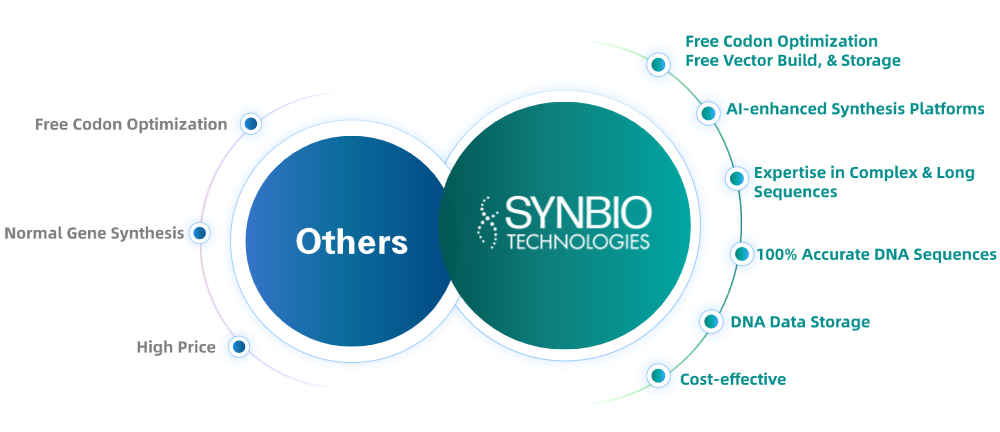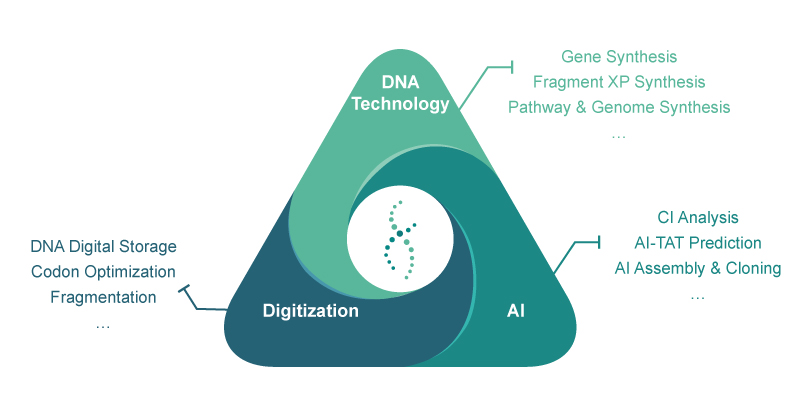
So, let’s talk about something that’s been buzzing in the biotech world: dna gene synthesis. With advancements in technology and a growing market for synthetic biology, it seems like everyone is trying to get their hands on this fascinating field. From pharmaceuticals to agriculture, the applications are endless! But as exciting as it is, we can’t ignore the legal regulations surrounding it—because trust me, they’re just as complex as the science itself.
Diving into DNA Gene Synthesis and Its Legal Traits
At its core, DNA gene synthesis involves creating artificial genes from scratch or modifying existing ones. This process has some unique legal attributes that make it quite interesting. For starters, there are various laws governing intellectual property rights when you synthesize new genetic sequences. Plus, when we start talking about Import/Export Regulations related to these synthesized genes, things get even trickier! Different countries have different rules on what can be shipped across borders—especially if those genes could potentially lead to bioengineering innovations.
PCR Cloning Technology Meets Import/Export Regulations

Now let’s zoom in on pcr cloning technology—a key player in DNA manipulation that often goes hand-in-hand with gene synthesis. When you think about importing or exporting materials developed through PCR techniques, you’ve got to consider compliance with local regulations regarding genetically modified organisms (GMOs). Many nations require specific permits before allowing such products over their borders due to safety concerns and ethical considerations around GMOs. So whether you’re sending out samples for research or commercial use, understanding these regulatory frameworks is crucial!
The Unique Features of Synbio Under Import/Export Regulations
Synthetic biology (or Synbio) takes things up a notch by combining biological components with engineering principles—and yes, it’s also under scrutiny when it comes to import/export laws! The beauty of Synbio lies in its potential for innovation; however, many governments impose strict guidelines on how synthetic organisms can be transported internationally due to environmental risks and biosecurity issues. You’ll find yourself navigating a maze of documentation and approvals before any synthetic product makes its way across borders.
Wrapping It Up: The Regulatory Maze of DNA Gene Synthesis
In conclusion, while DNA gene synthesis opens doors for groundbreaking advancements across multiple sectors—from healthcare solutions to sustainable farming—it also brings along a hefty load of legal responsibilities concerning import/export regulations. Understanding these nuances isn’t just important; it’s essential for anyone looking to dive into this thrilling yet complicated arena! So if you’re planning your next big project involving synthetic genetics—make sure you’ve got your legal bases covered!

